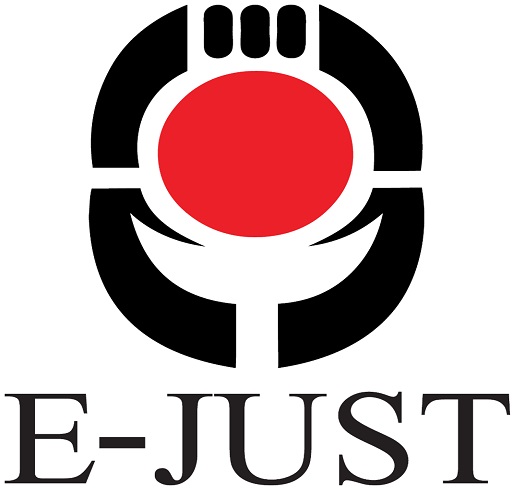Putting Buddhism to work : a new approach to management and business / Shinichi Inoue ; translated by Duncan Ryuken Williams.
Material type: TextLanguage: English Original language: Japanese Publication details: Tokyo ; New York : Kodansha International ; New York : Distributed in the United States by Kodansha America, 1997.Edition: 1st edDescription: 131 pages : illustrations ; 22 cmContent type:
TextLanguage: English Original language: Japanese Publication details: Tokyo ; New York : Kodansha International ; New York : Distributed in the United States by Kodansha America, 1997.Edition: 1st edDescription: 131 pages : illustrations ; 22 cmContent type: - text
- unmediated
- volume
- 9784770021243
- 4770021240
- Chiky�u o sukuu keizaigaku. English
- BQ4570.E25 I56 1997
- 294.3
- 331
- 331
- DA3
| Item type | Current library | Call number | Copy number | Status | Barcode | |
|---|---|---|---|---|---|---|
 Books
Books
|
Fayza Aboulnaga Central Library | مكتبة فايزة أبو النجا المركزية بالحرم الجامعي | BQ4570.E25 I56 1997 (Browse shelf(Opens below)) | C. 1 | Available | 10012310 |
Ch. 1. Why a New Buddhist Economics? -- Ch. 2. Toward the Development of Buddhist Economics -- Ch. 3. The Fallacies of Economics -- Ch. 4. The Search for an Economics of Happiness -- Ch. 5. The Essence of Buddhist Economics -- Ch. 6. Buddhist Economics in Commerce and Industry -- Ch. 7. Respecting the Environment -- Ch. 8. Consumerism and the Principle of Recycling -- Ch. 9. Work, Welfare, and Labor Unions -- Ch. 10. Conclusion.
The challenge of the twenty-first century lies in developing a new type of economics that will save the earth rather than destroy it. Shinichi Inoue argues that while economics will continue to be based on the "free market," the interpretation of the word "free" can be different from that normally accepted in the West, where freedom centers around the rights of the individual. In contrast, in the Buddhist view freedom ensues when all personal desires are mastered or superseded.
In this way, a Buddhist approach involves understanding that economics and a moral and spiritual life are neither separate nor mutually exclusive. Buddhist economics avoids conflict with nature and operates in a way that is spiritually rich, socially beneficial, as well as environmentally friendly. In effect, it is an economics that shows us how to move beyond the unfortunate compartmentalization of our lives symptomatic of the present age to a more holistic vision of life.
Drawing on his experience as the head of a major Japanese bank, Shinichi Inoue shows how the management of large enterprises can be reconciled with the compassionate teachings of Buddhism. Throughout this book, he also examines successful companies where innovative management outlooks have been adopted, and he illustrates his stimulating approach to business with abundant anecdotes.
There are no comments on this title.
